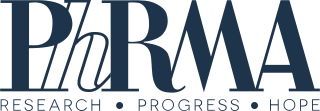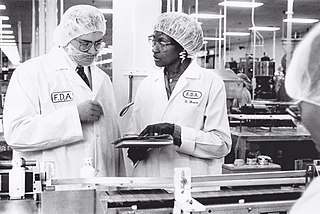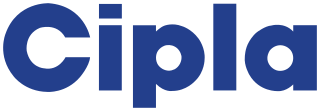This article relies largely or entirely on a single source .(November 2019) |
The Parenteral Drug Association (PDA) is an international non-profit industry trade group for pharmaceutical and biopharmaceutical manufacturers.
Contents
Founded in 1946 (77 years ago) as the Parenteral Drug Association by a small group of pharmaceutical manufacturers who recognized the need for an organization to disseminate technical information within the industry, it now has more than 11,000 members worldwide. [1]










